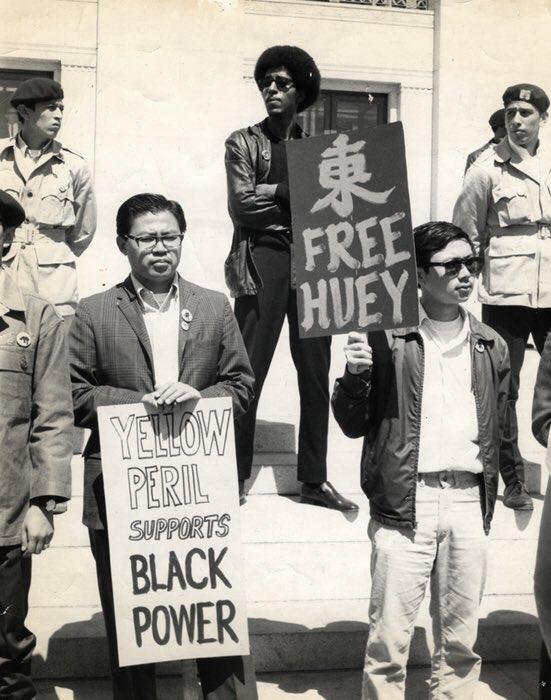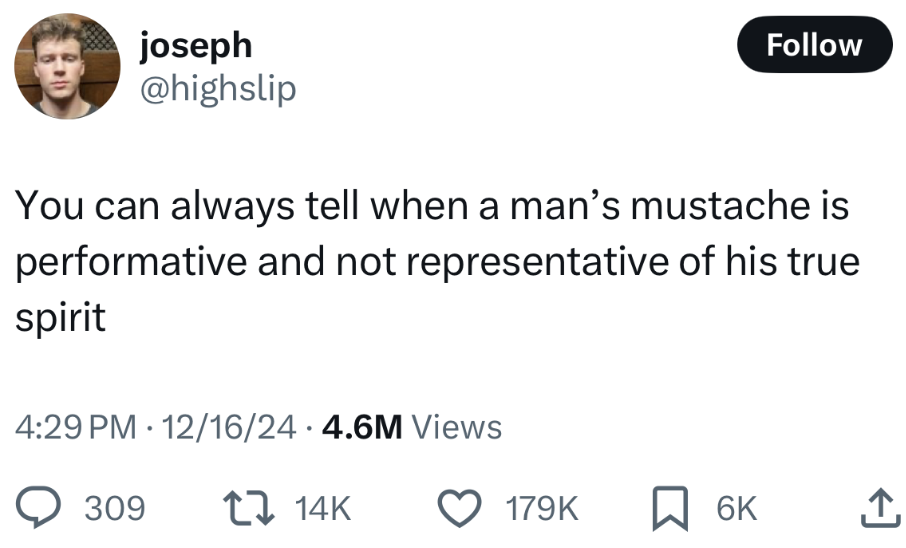More and more media sources are suggesting the Republican Party should tap into the voter bloc of Asian Americans. Asian Americans have the lowest voting percentage, yet are the fastest growing ethnic group in the United States, with a history of supporting conservatives. Conservative values such as individualism, hard work, tough foreign policy and even religious ideals have always been appealing to Asian Americans, especially the older generations. I believe Asian Americans have historically been praised by the media to be “apolitical” to further marginalize progressive movements and to spur on conservatism.
Progressive movements have always been deemed “anti-American” because, if successful, they would destroy the foundations of (white and capitalist) American society. The fact that left-leaning movements were celebrated by revolutionaries across borders did not help. Mao Zedong, founder of the Chinese Communist Party, denounced systemic racism and imperialism. Huey Newton, founder of the Black Panther Party, viewed Mao as a hero. (Since then, China no longer openly supports revolutionary movements globally; while it has abandoned much of Maoism in practice, it still proclaims itself as a bastion of anti-imperialism against the West. But that’s a topic for another time.)
Today, countries like China and Russia prey upon racial tensions on US social media platforms. It seems we have entered a new era of the Cold War, with cyber warfare and aggressive economic sanctions. The media in China and other countries criticize America for their hypocrisy: how dare the US denounce us when their own people are oppressed, impoverished, imprisoned? Like the anti-American propaganda posters of the Soviet Union in the 20th century, they often depict the truth. Those posters criticized US imperialism and systemic racism, claiming the US to be hypocritical to stand for “freedom and liberty” while subjugating other people. Since progressive media are also critical of the US, Americans may associate progressivism with being anti-American.
This schism in reporting is pushing more and more Americans into distrusting progressive media. Immigrants want to defend the country they have immigrated to. Chinese-Americans are drawn to right-wing platforms on popular sites like WeChat, where coronavirus conspiracies rampage and support for the Cold War to turn into a “hot war” echoes. Fox News is one of the most popular channels for Chinese American immigrants. Immigrants are caught between geopolitical tensions and having to “choose a side.” Many, of course, are willfully opting into choosing America and upholding conservative values. Guo Wengui is an exiled Chinese billionaire who is a self-proclaimed activist and friends with Steve Bannon: he translates far-right rhetoric for GTV Media, a group he started with Bannon. And do not even talk about the far-right propagandists on Twitter and YouTube like Ian Miles Cheong and Lauren Chen.
Asian Americans turning to conservatism is not a new occurrence. Asian Americans were stereotyped unfavorably in the US until the end of World War II. Then, the script flipped, and the model minority myth was propagated by the media and politicians: that Asian Americans are hard working, self-disciplined, compatible with white society. But in fact, the model minority myth of economic success was perpetuated with skewed data. Reports made by the Census Bureau and other government agencies had measurement errors. The myth of Asian American economic success was propagated by the US around the 1970s to discourage civil rights movements and encourage division among minorities. Prominent politicians have praised Asian Americans and urged other minorities to follow suit – to abandon “special privileges” and just work hard. Affirmative Action has long been used as a tool for division among minority groups, which in turn benefits the dominant group. On the flip side, this myth also provides excuses for the US to avoid their responsibility for the welfare of Asian Americans. This attitude allowed the government to consider the issues of Asian Americans as secondary to others.
Asian Americans themselves did not directly challenge this success image; many embraced it. Understandably, it gave them a sense of empowerment. Many Asians also see this favorable view as an advantage. They have decided there is too much to lose if they became politically active against the dominant group. Prominent Asian American politicians endorsed this notion. “I don’t take [Asian American] causes all that seriously,” said former Senator Samuel Ichiye Hayakawa. Reading this, I cannot help but be reminded of Andrew Yang’s “Washington Post” op-ed, in which he suggested Asian Americans “step up” and prove their patriotism to combat racism during the COVID-19 pandemic. Sadly, respectability politics has long been used to suggest individual change as the remedy of institutional problems.
However, young Asian Americans have always held more radical views than their elders. The famous poster of “Yellow Peril Supports Black Power” highlights the Asian Americans who supported the Black Panther Party. Asian American scholars in 1979 proclaimed that it was time to stop maintaining the false pride of the model minority myth at the conference on Civil Rights Issues of Asian and Pacific Americans. They claimed that the price of maintaining such pride is too high.
We also cannot ignore the rationality of self-preservation and survival for immigrants to remain politically complacent. For poor immigrants, illegal immigrants and immigrants facing other forms of marginalization, speaking out may be costly beyond measure. A large part of Asian American political compliance is due to fear of retaliation from the US government or white society; thus, many align themselves with the dominant group for safety, either consciously or subconsciously.
Immigration laws today are highly selective, and immigration to the US is no easy feat. Asians of higher socioeconomic status and higher degrees usually come here for education or work; often they are sought out by US programs. Many conservative pundits praise the hard work of such legal immigrants and pit them against illegal immigrants. (Of course, alt-right figures like Steve Bannon are straight up anti-all immigration.) Asian refugees, poor Asians, non-dominant ethnic Asians and illegal immigrants become peripheral. Smaller Asian ethnic groups are often overlooked when discussing Asians at large.
Thus, the political dialogue today is largely being shaped by the same Asian American demographic that turned towards conservatism in the 1970s. Meanwhile, progressive American American groups are actively being phased out and silenced due to ICE deportations, mass incarceration, poverty and other forms of marginalization. I myself was guilty of believing that Asian Americans are politically complacent, without ever knowing the background for why. Let’s bust the myth of Asian Americans being apolitical, form solidarity and continue to advocate for each other.
Here is a non-exhaustive list of progressive Asian grassroots organizations that deserve recognition:
AAPI Progressive Action
Asian Refugees United
Chinese for Affirmative Action
Alliance of South Asians Taking Action
Asian Prisoner Support Committee
APIENC
Hmong Innovating Politics
Visibility Project
Network on Religion and Justice
VietUnity
Chinese American Progressive Action
Chinese Progressive Association
Asian Am Feminist Collective
Suggested readings:
The Putative Political Complacency of Asian Americans by Moon H. Jo
And other AsianCrit (Critical Race Theory) readings.




